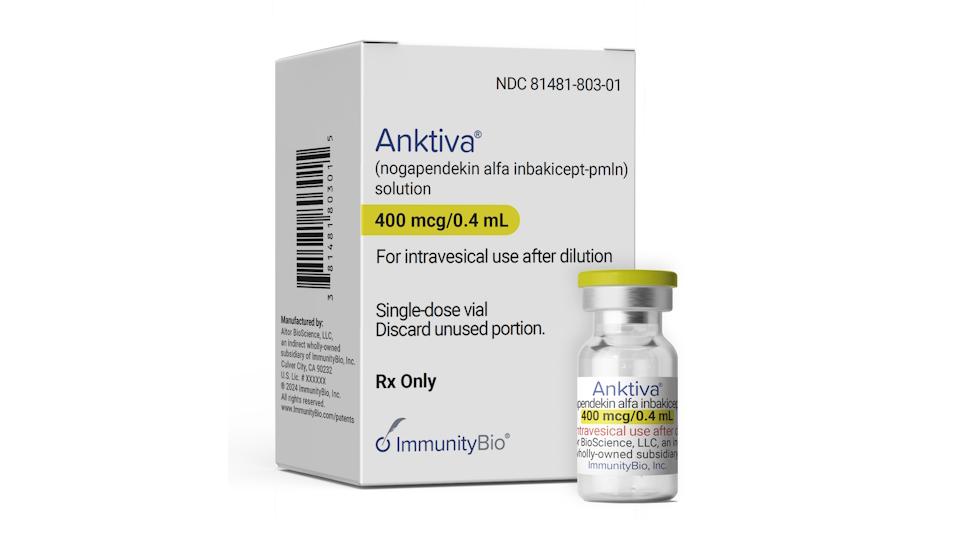BMS and Infinity trial immunotherapy combo in bladder cancer

Bristol-Myers Squibb has broadened a collaboration with Infinity Pharmaceuticals as it seeks to find combinations that boost the potency of its cancer immunotherapy, Opdivo.
Along with its arch-rival, Merck & Co’s Keytruda (pembrolizumab), Opdivo (nivolumab) has revolutionised therapy for many forms of cancer by inducing the body’s own immune system to attack the disease.
However, manufacturers of these and other checkpoint inhibitor drugs are trying to find ways to produce a more powerful effect and improved response rates.
An obvious strategy is to combine the drugs with newer therapies – in this case Infinity Pharmaceuticals’ IPI-549, an oral drug that is designed to selectively inhibit phosphoinositide-3-kinase (PI3K)-gamma, the only such drug in clinical development.
Drugs from the PI3K-gamma class aim to reduce function of white blood cells known as macrophages, which normally locate and “eat” foreign particles that it deems to be a threat.
But macrophage-like cells are also found in large numbers in tumours where their function has been flipped – they help the spread of cancer by promoting the growth of blood vessels supplying oxygen, tumour cell proliferation, invasion, immunosuppression, and drug resistance.
By down-regulating these rogue cells with IPI-549, and calling in an attack from T-cells with the PD-1 inhibitor Opdivo, the companies hope to improve efficacy by waging war against cancer on two fronts.
Building on an existing collaboration that began in 2016, the companies will begin MARIO-275, a phase II study testing IPI-549 and Opdivo in urothelial cancer patients who have not been treated with checkpoint inhibitor drugs, but who have progressed following treatment with platinum-based chemotherapy.
Around 150 patients will randomly receive either the combination therapy or Opdivo monotherapy, and the primary endpoint will be overall response rate.
The response will also be assessed in the overall population as well as in subsets of patients with different baseline levels of macrophage-like myeloid derived suppressor cells (MDSCs).
In the CheckMate-275 bladder cancer trial of Opdivo monotherapy in patients with bladder cancer, high levels of macrophage precursor MDSCs were associated with shorter overall survival.
In Infinity’s early MARIO-1 trial, MDSCs were reduced in the majority of patients treated with IPI-549 monotherapy.
Fouad Namouni, head of oncology development at Bristol-Myers Squibb, said: “Our goal is to determine whether targeting the tumour microenvironment with IPI-549 will enhance the activity of Opdivo for people with urothelial cancer and potentially in other tumour types where MDSCs suppress the immune response.”












